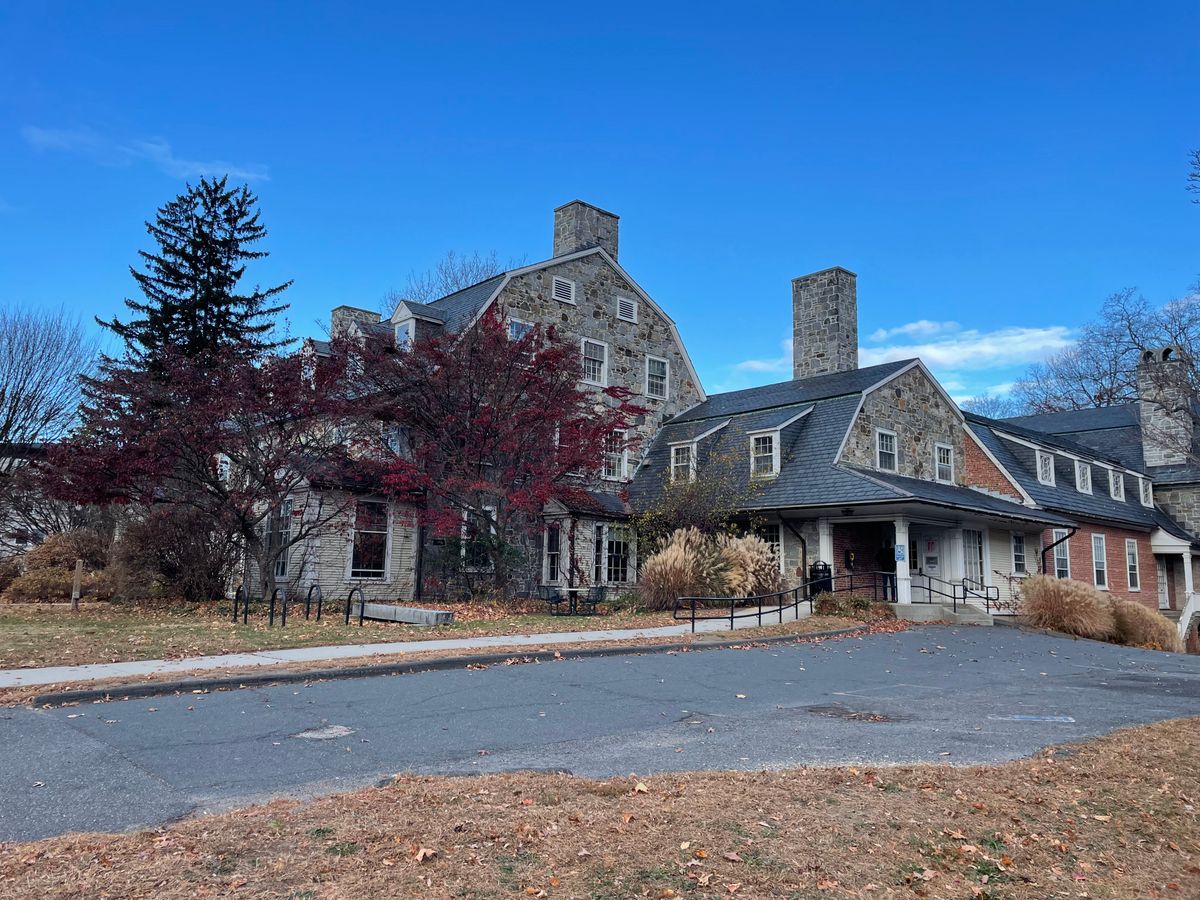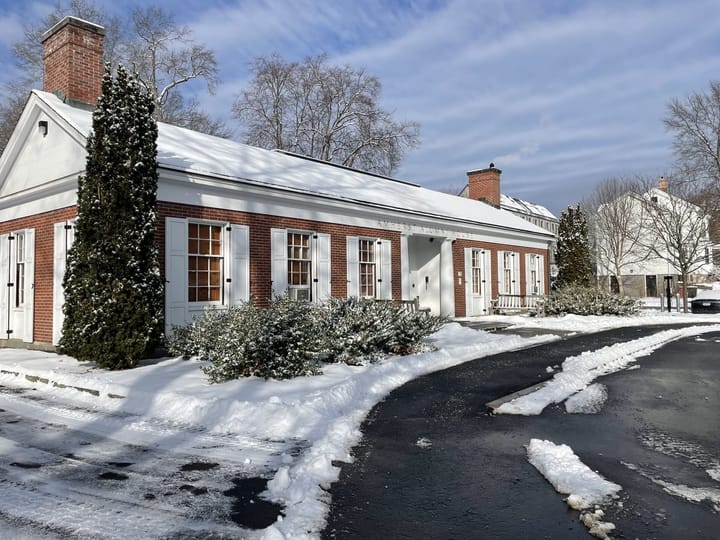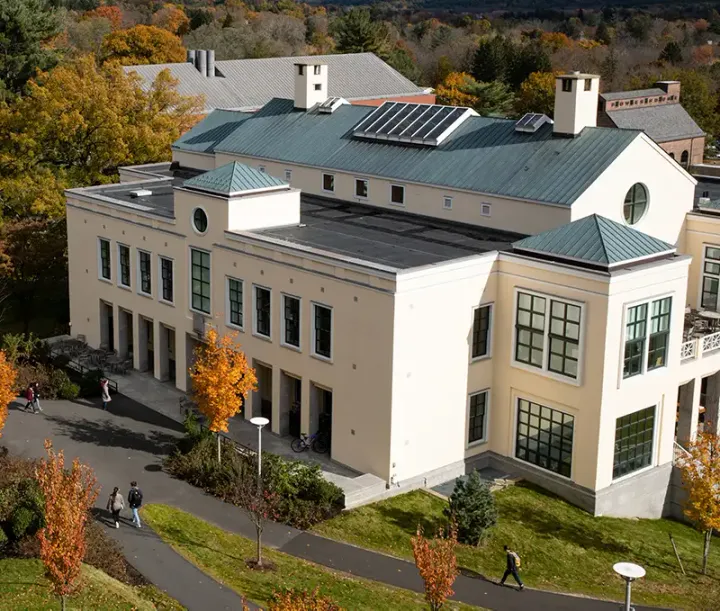Jones Library Receives First Under-Budget Bid for Renovation Project
The bid clears the way for the project to move forward, but a new wrinkle in the project’s historic review process could lead to additional delays.

Advocates of downtown Amherst’s Jones Library renovation received good funding news and bad timeline news this week.
The first under-budget contractor bid came in from a Springfield construction firm this week after a round of severely over-budget bids last spring. While the new bid relieves stress for those in favor of the project, who were previously faced with a too-high price tag, opponents remain concerned that the bid does not encompass all potential costs and question the firm’s role in other local construction projects.
Additionally, a lengthy historic review process faces unexpected delays after the Massachusetts Historical Commission told the town it has to do more to complete the process.
Tensions between town residents and officials remain high. The heated debate has centered around the renovation’s funding, the bureaucratic historic review process, and its overall necessity.
The pending general contractor bid, submitted by Springfield firm The Fontaine Brothers, was 16.3% lower than April’s estimate and just under the $36 million budget.
But the library is not the town’s only major renovation project. Fort River Elementary School is also going through a messy renovation bidding process, with three of the bidders, including Fontaine, playing major roles in the library bids.
Cathy Schoen, a town councilor for the first district, questioned Fontaine’s role in the simultaneous local projects.
“The [library’s] low bid is also the same contractor who’s trying to knock out the two other contractors on the school, and I don’t know whether people have noticed that … I’m a little worried that they may have lowballed their bid in the anticipation that they can do changes later … So I want to be really careful that we have a lot of oversight,” Schoen said.
To obtain $2.1 million of federal grants available for the renovation, the town, due to Jones Library’s historic status, is required to undergo a Section 106 review. The review analyzes the potential adverse effects of the renovation and proposes alternatives to reduce these adverse effects.
Completing this “alternatives analysis” will delay the renovation further, as the outcome of their analysis may change the costs, setting back the bidding process.
Town Manager Paul Bockelman said he was frustrated with residents’ questions about the financial and preservation elements of this project.
“There are no decisions for the council to make. We’ve got the appropriation. We’ve got the bid. We move forward. Every elected body that has voted on this [has] voted generally by two-thirds or more vote. The general populace has voted on it by two-thirds vote … This project is moving forward … I know there are a lot of people or a small group of people out there who are agitating to make this project fail. I think that that’s unfortunate,” said Bockelman at the Nov. 4 Town Council meeting.
This statement is fueling concern from residents who were already nervous about the project.
Sarah McKee, former president of the Jones Library Board of Trustees, commented on an Amherst Indy Article written about the Nov. 4 council meeting: “I am, proudly, one of the ‘lots of people or small group of people out there’ whom Town Manager Bockelman says above ‘are agitating to make this project fail’ … as a past president of the Jones Library Board of Trustees, I want Amherst’s unique, beloved, Jones Library to get the updated systems it needs, as well as the historic preservation …What the Jones does NOT need is this expensive, expansive, overbearing addition to accommodate [this] public library,” McKee wrote.
Some residents are reclaiming Bockleman’s language.
“We need more agitators and fewer sheep,” Peggy Matthews-Nilsen wrote in the Indy.
Writer for the Amherst Indy Rita Burke said that residents’ “agitation” is evidence of a civically engaged populace.
“It is sad, if not dangerous, that the town manager sees those who disagree with him as agitators … That [residents] have, voluntarily, spent countless hours of research producing volumes of supporting documentation for their positions, asked questions, and, as all good citizens should, kept watch on the comings and goings of a project their tax dollars will pay for should be a practice exercised by more citizens and appreciated by all,” Burke wrote.





Comments ()